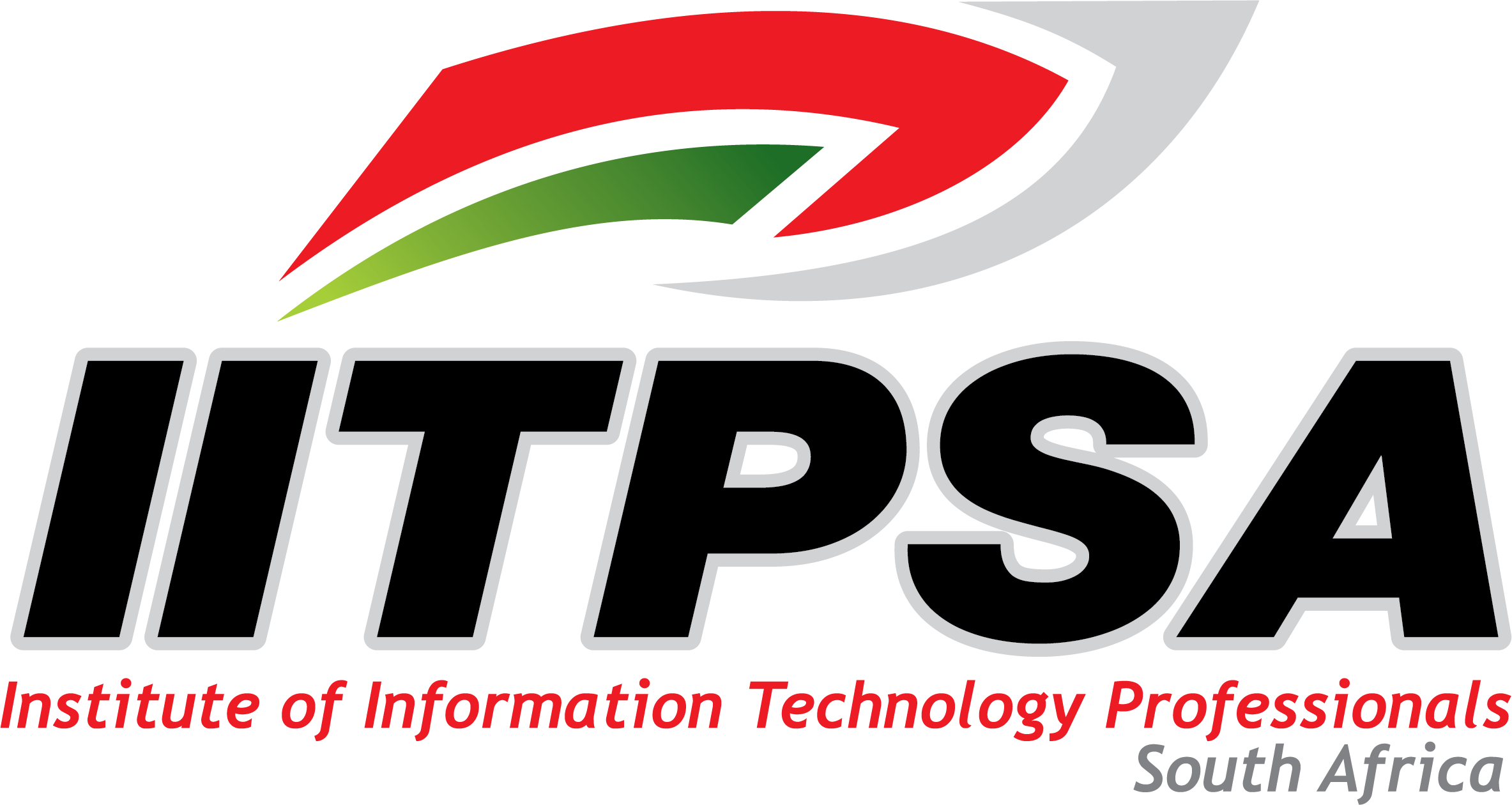HH
Neo is an engineer-inventor turned entrepreneur by choice, chasing purpose, meaning and a pay-cheque. He is the founder of Technovera, a technology start-up developing smart solutions in the public healthcare space. He has a passion for nurturing the entrepreneurial culture and is invested in the development and adoption of smart technologies in the healthcare industry. Neo graduated from University of Cape Town with a BSc in Electrical Engineering and went on to join the steel manufacturing industry as an automation engineer. He later took up an operations management role working as a technical assistant to the COO of ArcelorMittal SA while also completing a Master in Engineering (Industrial Engineering HH) at University of Witwatersrand before venturing out into the technology startup scene in Johannesburg.
Over 4.5 million man-hours are lost per month due to patients spending hours in queues at primary healthcare facilities. To address this, Neo invented Pelebox, a solution that enables patients to collect repeat medication in seconds instead of waiting hours. Neo has a keen interest in inclusive technologies that improve access to healthcare services and is currently studying towards a Master in Philosophy in Inclusive Innovation with a special interest in scaling impact through digital technologies. He is the Winner of the 2019 Africa Prize for Engineering Innovation by The Royal Academy of Engineering. “
Technovera Business Profile:
Technovera is a social impact organisation that is focused on technology inclusion with the aim of improving the last mile for chronic medication access in Africa. We’ve developed Pelebox, a smart locker system that enables patients to collect their repeat chronic medication in under 22 seconds instead of waiting hours in queues at public clinics. We are leveraging the power of IOT through internet enabled smart locker devices in public healthcare to remotely track medication collection and treatment compliance while automating visibility on patient behaviour and patient outcome. South Africa has world’s biggest antiretroviral therapy (ART) programme for patients living with HIV and AIDS, and there’s been a steady increase in the number of patients with non-communicable diseases (NCDs), requiring chronic therapy. A patient’s experience tends to be one of long waiting times, typically above 3 hours. This poses potential adherence barriers which may lead to poor health outcomes and places a strain on the patients in terms of transport costs and loss of income.
How Pelebox Works: Pre-packed medication for a particular patient is loaded into an internet enabled Pelebox smart locker, the system then sends an SMS with a one-time-pin (OTP) to the patients. The patient would then come to a collection unit, authenticate themselves using a one-time-pin (OTP) together with their cellphone number. A cubicle that has their medication would then pop-open. The systems keeps track of all collection records and can be integrated into a patient records management system. The sensors in the locker can track all indicators linked with patient health with real-time alerts.
Technovera has been working with The Aurum Institute, City of Tshwane, City of eKurhuleni and the National Department of Health in South Africa on reducing the average time spent in a clinic and adoption from patients. Thus far, we have reached over 10,000 patient collections with an average collection duration of 22 seconds (much lower than the anticipated 2 min). Technovera is now looking to engage in creating other opportunities and collaborate with partners who can help us reach more sites and more patients.


